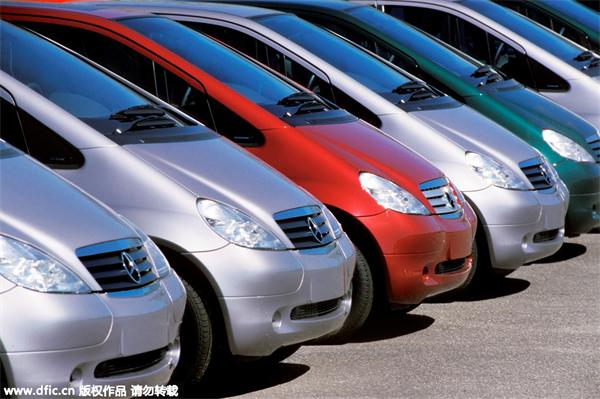Park-to-buy car plan needs serious rethink
(China Daily) Updated: 2015-06-02 07:40

The deputy mayor of Beijing, Zhang Yankun, recently said the city authorities are considering a new regulation that will mean residents will be able to buy a car only if they have a parking space. Comments:
There are too many technical questions to be answered if they mean to introduce the new policy. Does "having" a parking space mean owning one? What if a resident rents one? There are public parking lots, will it be possible for people to get a space in one of them to buy a car? Officials need to answer these questions first before making any decision as it will affect people's daily lives.
People's Daily, June 1
The rate of car ownership and cost of owning a car in Beijing are both high, so why do people still rush to buy cars? One of the biggest problems is the difficulties involved in getting a taxi, which are tightly controlled by a monopoly - there are only 60,000 taxis in Beijing to serve its 20 million residents. While limiting people from buying cars, the authorities also need to break the existing taxi monopoly.
sohu.com, June 1
When there are too many cars in a city, it is the joint responsibility of the government and the residents to solve the problem, yet the new regulation shows the Beijing government is ready to pass the buck to the people. It is failing in its duty of governance and the officials that proposed this idea should put the people first.
rednet.cn, May 31
Whenever some problems occur, it seems officials in the capital city have no other idea than controlling the resources with their power, which easily breeds corruption because it creates new monopolies. Song Jianguo, the former traffic chief, was on trial last week and his corruption exceeded people's expectations; will the officials that control parking lots appear in court in the future and be charged with corruption?
Xu Shaolin, writer, via Sina micro blog, May 30











